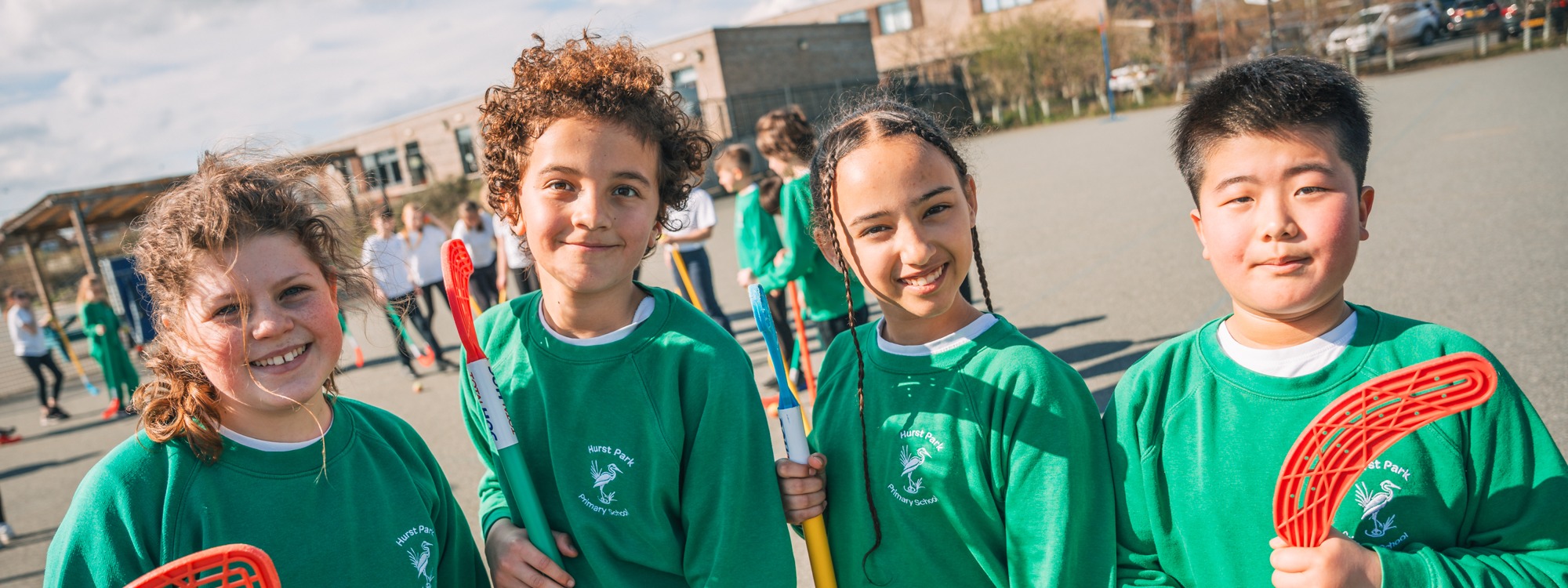What Is The Pupil Premium?
Pupil premium is additional funding allocated to all schools in England to support disadvantaged pupils and close the gap between them and their peers. This budget includes pupils who are currently entitled to free school meals, have been entitled to free school meals in the past six years (FSM ‘Ever 6’), children who are cared for or adopted from care, and children whose parents are in the armed forces.
Find out more about Pupil Premium on the Governments website.
How Should The Money Be Spent?
It is entirely up to individual schools to decide how the pupil premium is spent, however there is an expectation that schools can prove the impact this money has had on its disadvantaged pupils. It is imperative that as a school we fully understand each of our disadvantaged pupils and know exactly what they need to help them to ‘be the best they can be’ in their learning. Our Pupil Premium Strategy Statement provides an outline of our approach ensuring we achieve maximum impact with the Pupil Premium grant. Our Approach to Pupil Premium document will give you the detail behind our strategy.
Pupil Premium Strategy 2024-2025
Sports Premium
The Government is providing £150 million of 'Sport Premium' funding per annum (academic year) to primary schools to support the delivery of PE and School Sport. The Sports Premium funding can be used in a variety of ways to enhance and improve the opportunities for children before, during and after the school day.
Details of Sports Premium spending and impact can be found below:
Provision 2023/24
This year’s Sports Premium information can be found here
Key Stage Two Swimming Performance
The % of Year 6 pupils who have achieved the expectations for swimming is shown below:
| SWIMMING |
2021-2022 |
| Swim competently, confidently, and proficiently over a distance of at least 25m |
79% |
| Use a range of strokes effectively |
77% |
| Perform safe self-rescue in different water-based situations |
56% |
Research shows that disadvantaged and/ or vulnerable pupils can particularly struggle with: Attachment relationships with adults | Managing their peer relationships | Managing their feelings and behaviour | Coping with transitions | Developing their executive functioning skills.
We therefore use our Pupil Premium funding to;
1. Provide nurture and relationships through: • Funded breakfast club places which allow children to settle calmly into the school day. • Providing meet and greets for children at the start of the day with our ELSA or other suitable adult. • Training and supporting staff to provide key attachment relationships with regular 1:1 ‘attachment time’ built into children's timetables.
2. Scaffold children's social skills and peer relationships, for example through: • Social skills groups, friendship groups or Circle of Friends interventions. • Lunchtime clubs with opportunities to practise social skills. (eating meals together, adult led activities modelling winning and losing etc.) • Training midday supervisors to provide structured play at break times and provision of resources. • Facilitating friendships e.g. through a buddy scheme or peer mentoring initiative; lunch ‘Buddy’ scheme.
3. Support emotional literacy and emotion regulation through: • Emotional literacy and emotion regulation groups, including anger management. • Appointing and training an Emotional Literacy Support Assistant (ELSA). • Providing calm boxes and staff to spend 1:1 time helping children to regulate themselves. • Providing calm zones in classrooms and centrally within the school.
4. Support children to cope with transitions and change by: • Providing additional structure during break and lunchtimes. • Providing safe spaces for children to come to throughout the school day. • Appointing a transition worker to support children through the Year 6 to Year 7 transition. • Identifying a group of staff who can provide cover for absence, reducing the need for external supply staff. Class LSA’s as far as possible, familiar with children and curriculum. • Spending time preparing children for change in advance e.g. using social stories or visual timetables. • Liaising closely with parents and guardians who can help their children prepare for and cope with change.
5. Develop children’s executive functioning skills through: • Training staff in understanding and supporting executive functioning skill development in the classroom and on the playground. Help children to plan and organise the completion of a task, support their own working memory, encourage cognitive flexibility and exercise inhibitory control. • Providing individual and group sessions which focus on scaffolding the skills needed. • Providing coaching for children who struggle to plan and organize e.g. check-ins to ensure they have books and equipment, have recorded the homework etc.
6. Address barriers to information sharing and joint working by: • Developing policies and procedures which ensure that key information about children’s needs is shared with all key staff coming into contact with them. • Identifying a named member of staff who liaises with the parents or guardians and facilitates regular meetings to discuss the child’s need and progress.



